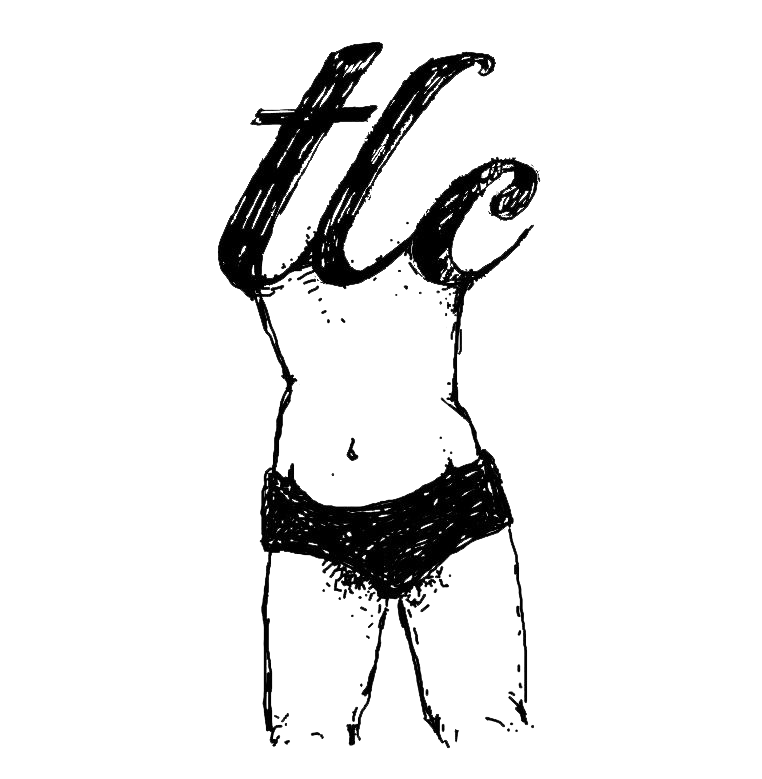August 28th
Waiting at a gas station in Bahrain, wearing little but my ripped jeans and raggedly camisole top, I saw a man and his burqa-clad wife. I felt sorry for her and angry with him. He’d managed to cage her in prison bars as light as cotton. And, poor woman! She had to hide herself each day, consensually, when all she may have wanted was to take off the damn thing.
Then their body language caught my eye; light banter, how they stood close to one another — loading the truck together. They burst in laughter, and then he kisses her forehead. I didn’t see her smile, but I felt it. I even beamed for her happiness. Watching them, I had to ask myself: Who am I, and who is anyone to judge and decide: what’s behind a burqa?
As Arab countries come by, I’m living in one of the most liberal ones — Bahrain. I’ve visited Saudi, read of Pakistan, but most of my identity westernized. Sometimes, I’ll wear a hijab, but I’l put my stylish urban turban twist to the old practice. The niqab or burqa was always a big ‘Hell No!’ for me. First, it is not mandated through Koranic law. Second, I think it’s disempowering.
My friend Mariam was brought up in an extremely conservative family. She obeyed the demand to hide all of her hair, face, and even her hands. After her marriage, Mariam was no longer obliged to follow her father’s rules. She dropped the niqab; it felt excessive she said. She’s never mentioned whether or if it feels different for her. But, what I can say postitively is that nothing changed; my friend did not suddenly sprout a new personality sans burqa. She was fun loving then, and is as fun loving now.
Then there is Ayesha, a devout woman, she teaches Quran recitation and stories to little children. Within her arranged marriage, she comes to fall deeply in love with her not so religious, but very traditional husband. He never said it, and she never wanted to be niqabed, but she decided to start wearing one anyway because Ayesha believed her husband would prefer it.
“But auntie you always refused the niqab, what happened?” her niece and once her pupil asked.
Aysha responded, “It’s a simple innocuous gesture that makes my husband happy, I feel like a queen that I can do it for him”. Is she that different than a woman who grows her hair long or wears a particular shade of purple panties to please a man whom she loves. Ultimately, it comes down to agency.
The anti-burqa riots popping up East and West left me perturbed. I didn’t see the difference between forcing a woman to cover up and forcing her to uncover. Neither left the woman with choices.
Personally, if compelled to take off my hijab, I would feel naked against my will and utterly shamed.
In the Anti-Burqa community, “what if they are hiding a terrorist underneath a veil?” is strewn around. Somebody tell me, because I think I missed it: when did we find the terrorist gene? You know, the one that’ll tell security what shaped nose, chin, hair, eyes, and hands would a terrorist have?
Honestly, who truly step out of the house with their real faces on. From Mystique to the Pakistani cartoon Burqa Avenger, every woman who rocked a look did so because she stood for something greater than herself. Let’s stop looking at what women are wearing, and instead find out what inspires them. Mystique fought for the freedom of misfits, so now I wish I was spiky blue. The Burqa Avenger stands for education and liberation of woman, and frankly I think she makes the burqa look darn awesome!
There’s this Bollywood song I love. “Choli key pecche kya hai?” This Arab girl doesn’t know the answer to that question, But burqa key pecche dil hai kissi ka.
The couple at the gas station taught me one thing: Billions of people making countless choices, for complex reasons. At the very least, we can mind our own business and let them do so.

























Leave a Reply